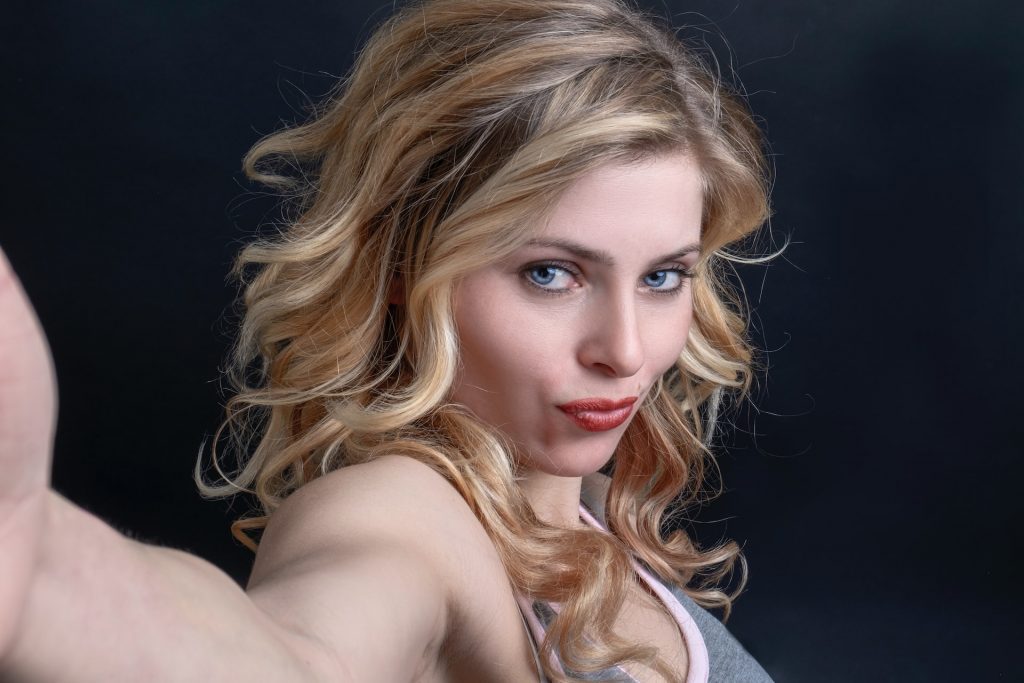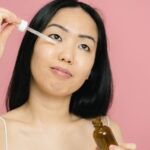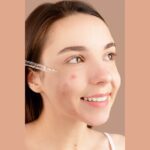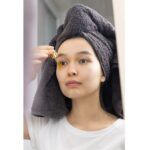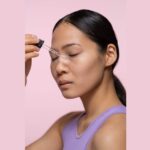We all know, deep down, how important social media is to our lives and how crucial it is to both our free time and our hectic schedules. But have you ever thought about how our attitudes toward others and even ourselves, particularly when it comes to beauty standards, are affected by social media? You might be surprised to learn how much social media affects our way of thinking.You’ve landed on the finest post if you want to discover the real truth about social media beauty standards.
Let’s examine the unseen aspects of social media beauty standards.
What is meant by beauty standards in actual terms?
Beauty Standards often referred to as feminine beauty standards, are desirable characteristics that describe particular physical characteristics of women that are seen as the most appealing. They are chosen and accepted by society based on their culture, women’s perceptions, or occasionally, arbitrary judgments about their sexual orientation. Skin tones, facial characteristics including the nose, lips, and eyelids, haircuts, body types, heights, weights, and clothing trends are all included in a list of beauty standards.
They limit what is beautiful to women by acting as a frame. They have evolved across many centuries, but they have never stopped society from using these standards to determine a woman’s attractiveness giving attention to one’s exterior appearance while disregarding their inner beauty and neglecting to genuinely take into account human uniqueness.
Influence of Social Media on Beauty Standards
Hope you all know that Social media frequently advances dramatically. There is a continuous cycle of trends. Keeping track of what is in one day when you know it will be out the next is challenging. This is terrifying, especially for women. By putting trends and expectations on society, which women are subsequently criticized for not adhering to, the beauty business thrives. These ladies are also subject to criticism if they follow them in an overly obvious or close manner. It makes it difficult to be real and to live your life without changing your looks to meet society’s standards of beauty. More hurtful than previous norms are the unrealistic, funhouse-proportioned expectations of women’s bodies that exist now.
Negative Influence
Young people are being trained to hide their shortcomings through social media. More than ever, the criteria of beauty are doing untold harm. Nine out of ten teens between the ages of 13 and 17 use social media, according to Pew Research, but even younger groups may use these sites despite age limits. The usage of social media more often when a person is younger has been linked to body image issues. Photoshop, filters, plastic surgery, and makeup are all promoted on social media. Young users mistakenly think that these techniques provide natural-looking looks. Therefore, it has a significant influence on young individuals’ self and mental health when they can’t appear like Instagram models.
Positive Influence
Despite the criticism, social media’s emergence has also had several remarkably good side consequences. Social media gives a wide range of individuals a forum to speak out and propose alternative standards of beauty because anybody may put anything there. This enables diversity in social media material, increasing user exposure to a variety of individuals who may then positively influence their perception of what is attractive. For instance, Instagram in particular has seen a rise in the number of body-positive profiles, which encourage their followers to embrace both themselves and others. People might not have these platforms for self-expression or sources of confidence in the motivating postings of others without social media.
Body shape according to social media
People tend to judge the appearances of others and themselves, which makes them self-conscious about their appearance
When people have a poor perception of their bodies, they become concerned about their appearance. People who are self-conscious about their looks will begin to notice a defect in some aspect of their bodies, forgetting that blemishes on the body are characteristic of all humans and make them unique. Social media beauty standards dictate that a person’s physique should be lean, lovely, attractive, and appealing.
Individuals are more likely to think of stereotypes as a result of this kind of judgment, and they also value appearance over their sense of inner beauty.
Social Media and Beauty Standards
We all are thought this thinking that loves ourselves but in this world of technology and advancement, a sense of comparison comes into our mind in one way or the other. Comparing yourself to others can be equally damaging to how you see yourself. In his explanation, Dr. Hoffman claims that social media “develops a false sense of unreasonable expectations and creates one standard for ‘beauty’ based on whatever goes viral on social media.” The issue is rooted in the perception that certain photos are ‘perfect. Society, and particularly social media, teaches us that certain body types, facial characteristics, and haircuts are the very minimum requirements for beauty.
It becomes more and more challenging to feel beautiful in your skin and your own body due to constantly changing social media beauty standards. Feeling like you can’t live up to the images you see on social media, especially when the individuals with that “perfect appearance” appear to be leading “perfect lives,” makes it tougher to feel good about yourself which sometimes goes negative.
How social media affects our beauty standards
This mistaken sense of validation is fostered by social media. It has become a contest to see who can gain the most likes, comments, and followers on well-known social media platforms like Instagram and Tiktok. They achieve this by making as many physical changes as they can because if you are viewed as being conventionally attractive, you will receive more attention on social media. Kids and teenagers are drawn to celebrities and social media influencers because of the physical recognition they receive.
Social media not only perpetuates restrictive beauty standards but also creates a false understanding of what true beauty is. In the end, beauty is so much more than just appearance; it has to do with your character. This mentality is not reflected on social media. Social media is about self-sharing.
Conclusion
The most important thing to remember is that social media is a tool, just like any other technology. It could be time to reevaluate how you utilize it if it’s not helping you. Understanding your relationship with it might begin with recognizing how dependent you are on it. From there, you may choose the limits you wish to establish.
Social media influences the beauty standards we know, but you may listen to your heart and establish your own sense of beauty which satisfies your own soul, not society.

